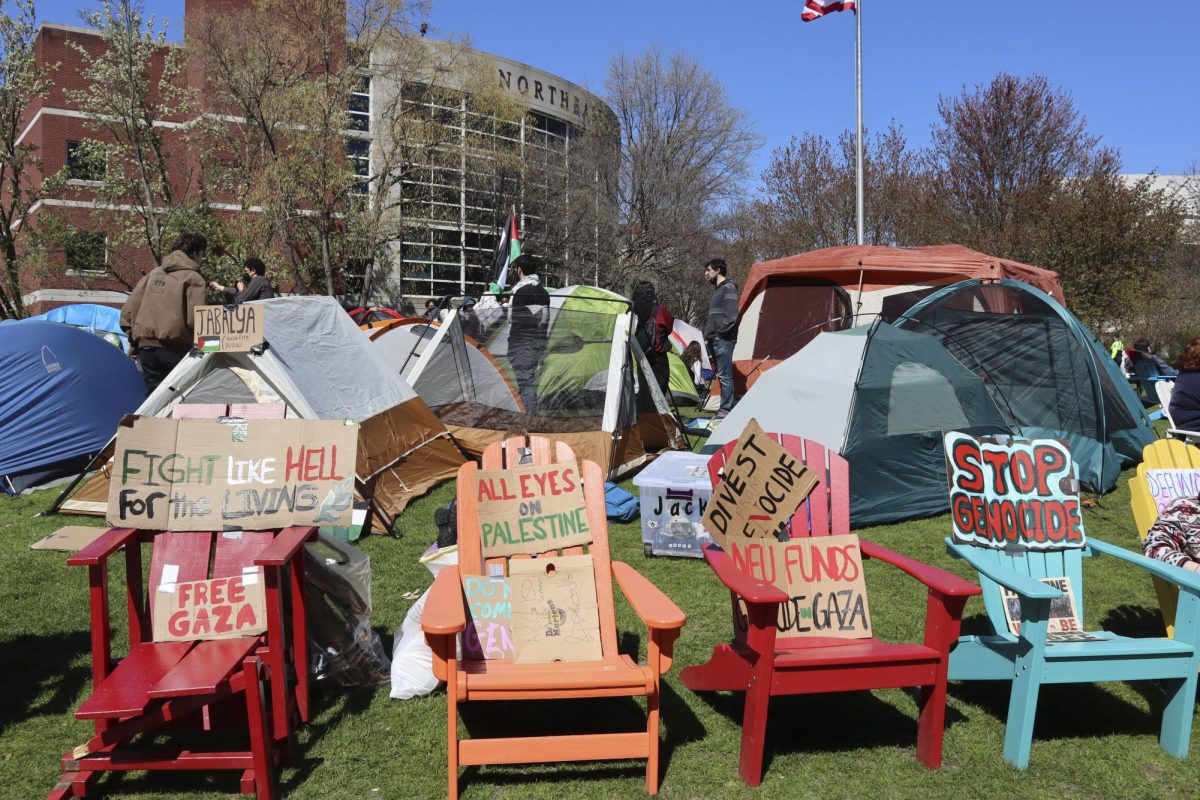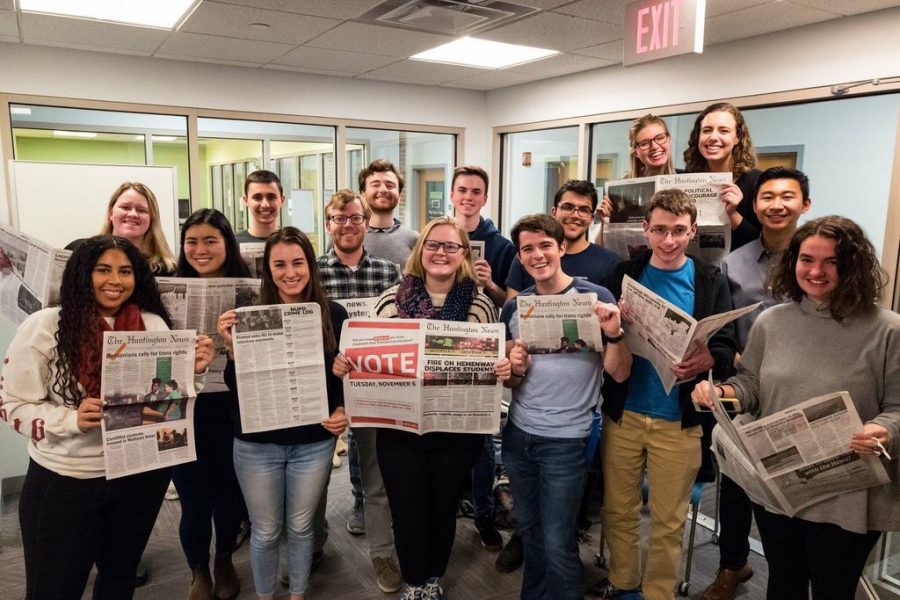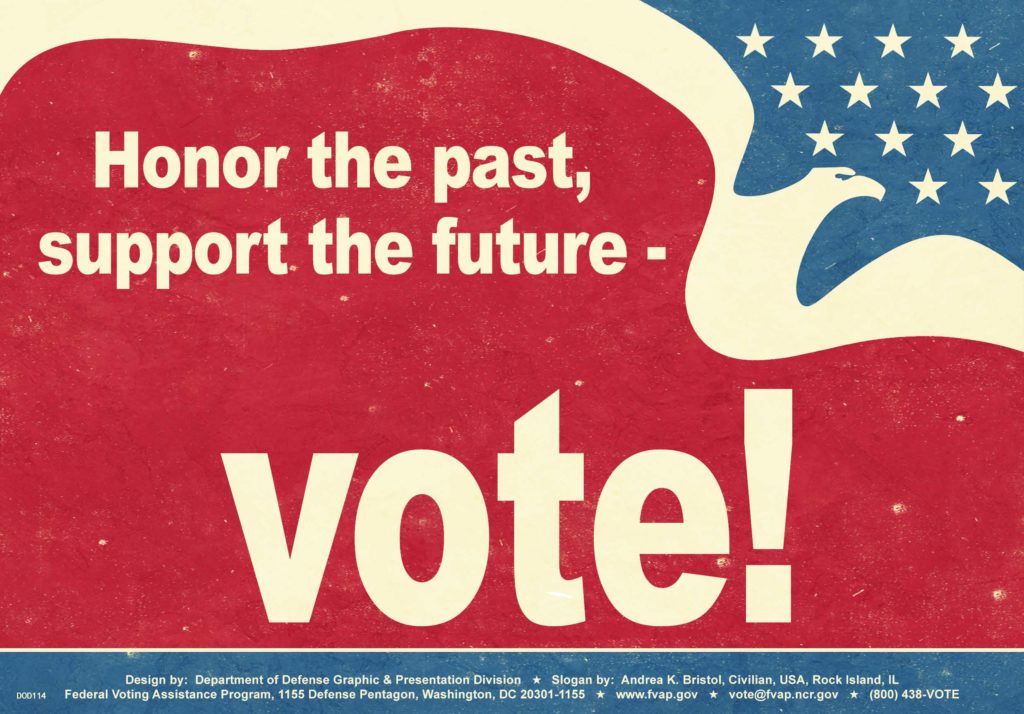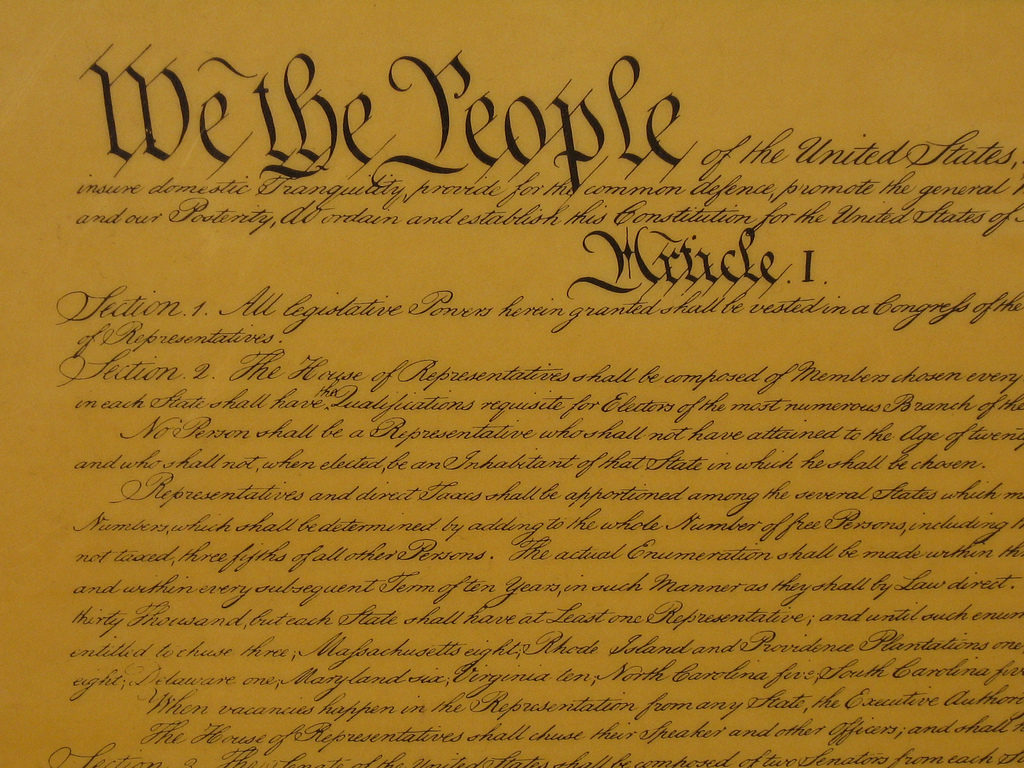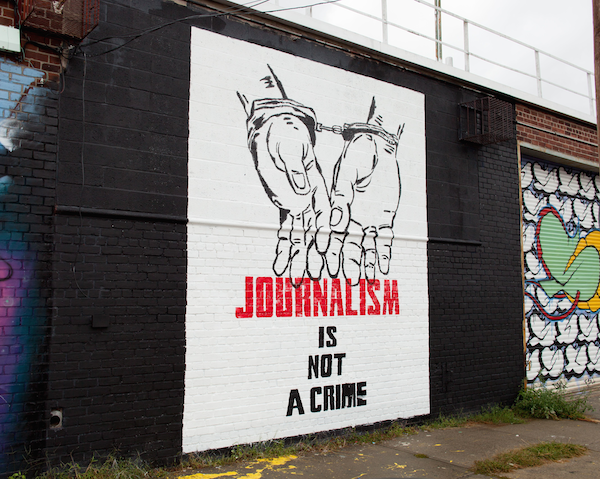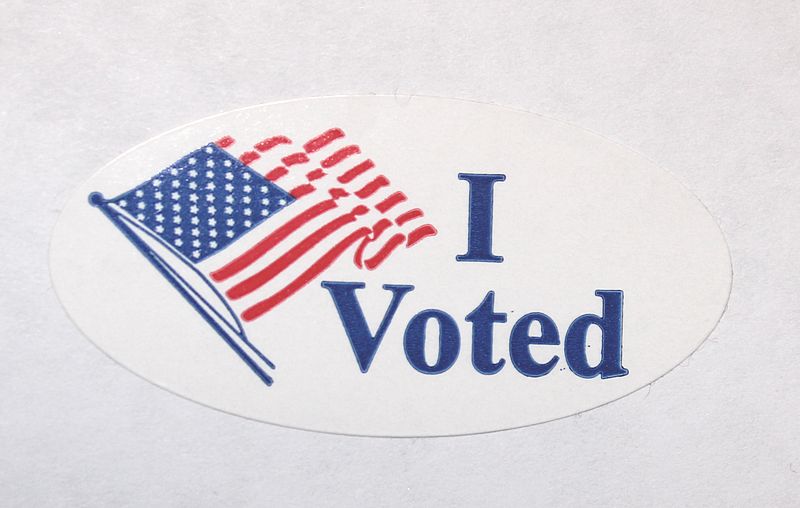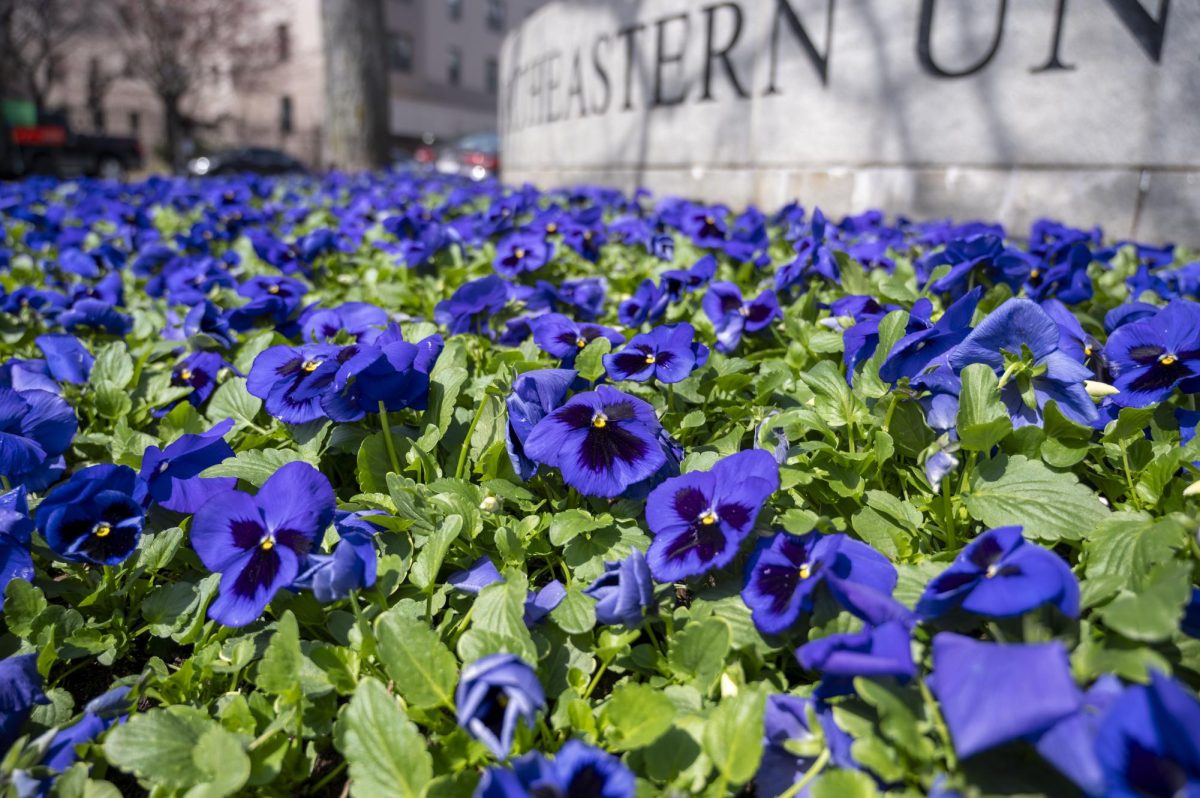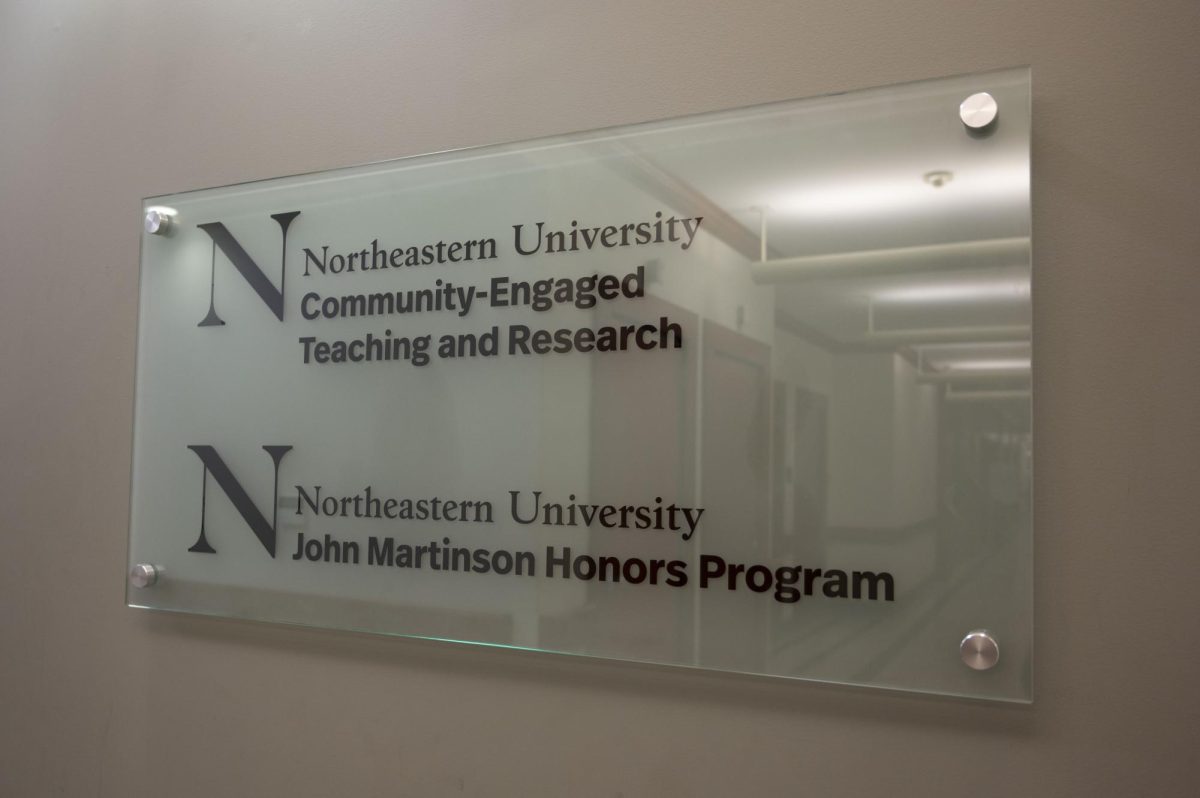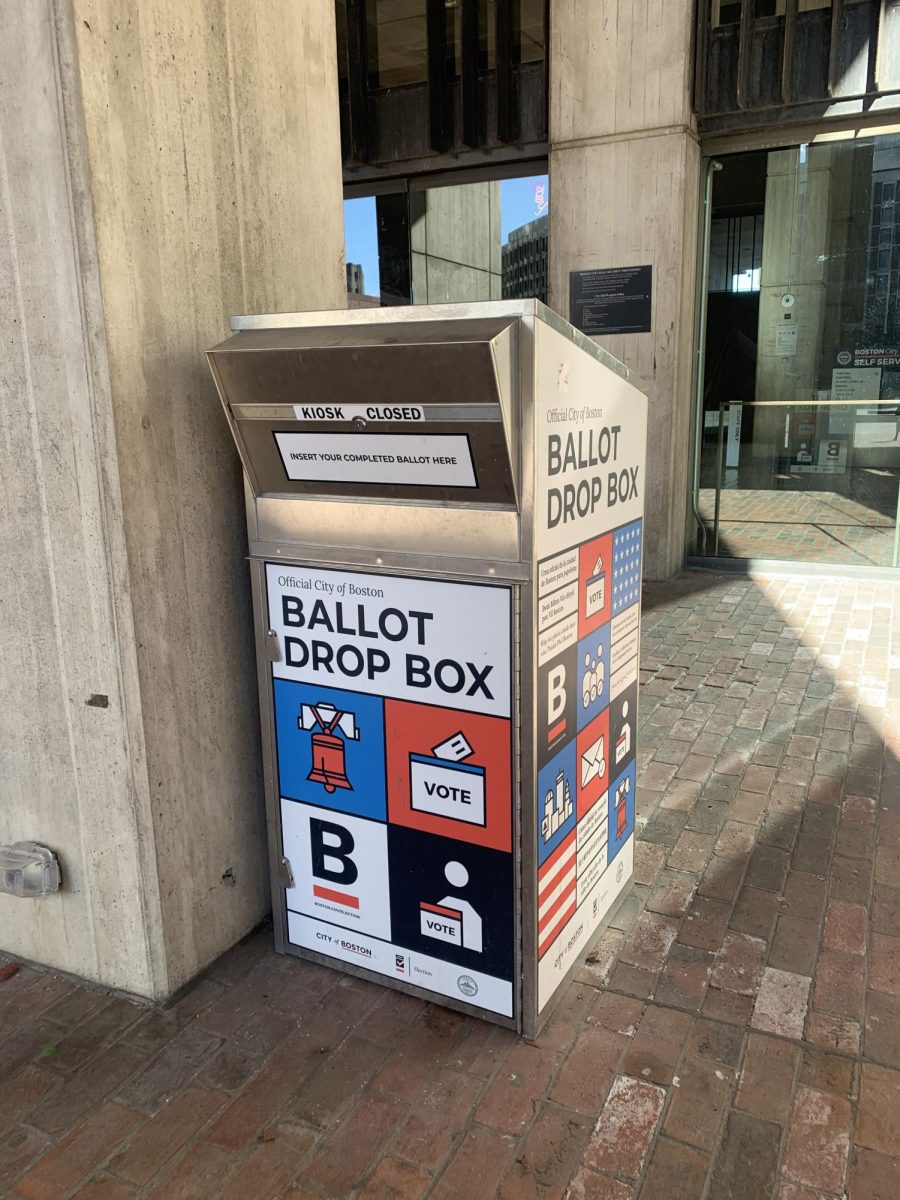It almost goes without saying that the last few months have been laden with controversy as President Donald J. Trump undoes LGBTQA+ policy instituted by his predecessor. In February, the Trump administration revoked federal protections for transgender students, removing guidelines advising schools to treat students based on their gender identity. Shortly afterward, the Supreme Court remanded G.G. v. Gloucester County School Board, a case involving a transgender high school student’s bathroom use, to the lower court, an action that concerned LGBTQA+ advocates.
As the nation rolls back the clock on civil liberties, Massachusetts seems blissfully immune in many ways. It was the first state to legalize same-sex marriage in 2006. Mary Bonauto, a Bostonian and graduate of Northeastern’s School of Law, argued the Supreme Court case Obergefell v. Hodges in March 2015, which directly resulted in the court striking down bans on same-sex marriage nationwide. Boston Mayor Martin J. Walsh openly denounced Trump’s decision on transgender students the day after it was released.
Yet, even here in Boston, it proves impossible to fully escape discrimination against LGBTQA+ people.
A Boston Globe report released Wednesday reveals that members of the LGBTQA+ community are the most frequent targets of hateful acts in Boston. Analysis of Boston Police Department (BPD) reports in 2016 show that LGBTQA+ people endured more assaults, threats and harassment than any group. Numbers from the first two months of this year indicate a similar pattern, according to The Globe.
All the reported hate crimes and bigoted actions reported from January 2015 through February of this year are broken down by identity: 231 LGBTQA+, 185 black, 74 white, 42 Hispanic, 30 Muslim, 27 Jewish, 18 Asian, six religion-based, five Middle Eastern, four Indian and two disabled.
[googleapps domain=”docs” dir=”spreadsheets/d/1K8m9eTPG_Jpqm7aVaPWLgzSoK2b_Waxm4KAh4nAY97I/pubchart” query=”oid=2071385158&format=interactive” width=”600″ height=”371″ /]
Since the nationwide legalization of same-sex marriage in June 2015, it seems that the LGBTQA+ rights movement has slowed down. Many lesbian, gay and bisexual people, especially those not involved in activism, believe the fact that they’ve been given the same legal rights as straight married couples means their humanity has been fully recognized. The fight is over.
However, according to GLAAD, transgender people—particularly transgender women of color—are still being murdered at alarmingly high rates in the United States. In 2015, 21 transgender women were killed across the country. In 2016, the deaths of 27 transgender people were reported, but this number does not include people whose deaths were not reported due to misgendering.
The trend has continued into 2017, according to GLAAD. Seven transgender people have been killed so far in 2017, all of them women of color.
Even though we are students in Boston, we should not consider ourselves immune. Massachusetts is not some free and perfect island. Hate can permeate the minds and hearts of anyone, anywhere.
As the weather grows warmer and Pride parade season approaches, the symbolism of celebrations across the United States is already becoming topical. Once a challenge to the norm and an opportunity to protest oppressive policies, Pride events in recent years have grown less radical. Instead of protests, they’re mostly rainbow-themed parties. Jeremy Lybarger wrote in Rolling Stone that Pride organizers will have to figure out what their celebrations mean in the age of Trump.
“This summer, when [LGBTQA+] people and their allies hit the streets for annual Pride celebrations—in cities from coast to coast, in states red and blue—they will confront the question of how to mix partying with protest,” Lybarger wrote. “It’s a question that’s faded in and out of urgency over the past half-century as the gay rights movement rode the currents of post-Stonewall liberation, AIDS anxiety, ‘don’t ask, don’t tell’ compromises and same-sex marriage, all the way to last summer’s massacre at Pulse nightclub in Orlando. This year, with a far-right administration taking office, the stakes are once again high. […] Pride 2017 has three months to figure out its message.”
Trump’s administration is targeting transgender students. Transgender women of color are murdered at staggering rates. And here in Massachusetts, LGBTQA+ individuals are reportedly threatened, harassed and assaulted more than any other group.
Sometimes, it feels that the only thing we can do is beg others to recognize people’s humanity.


